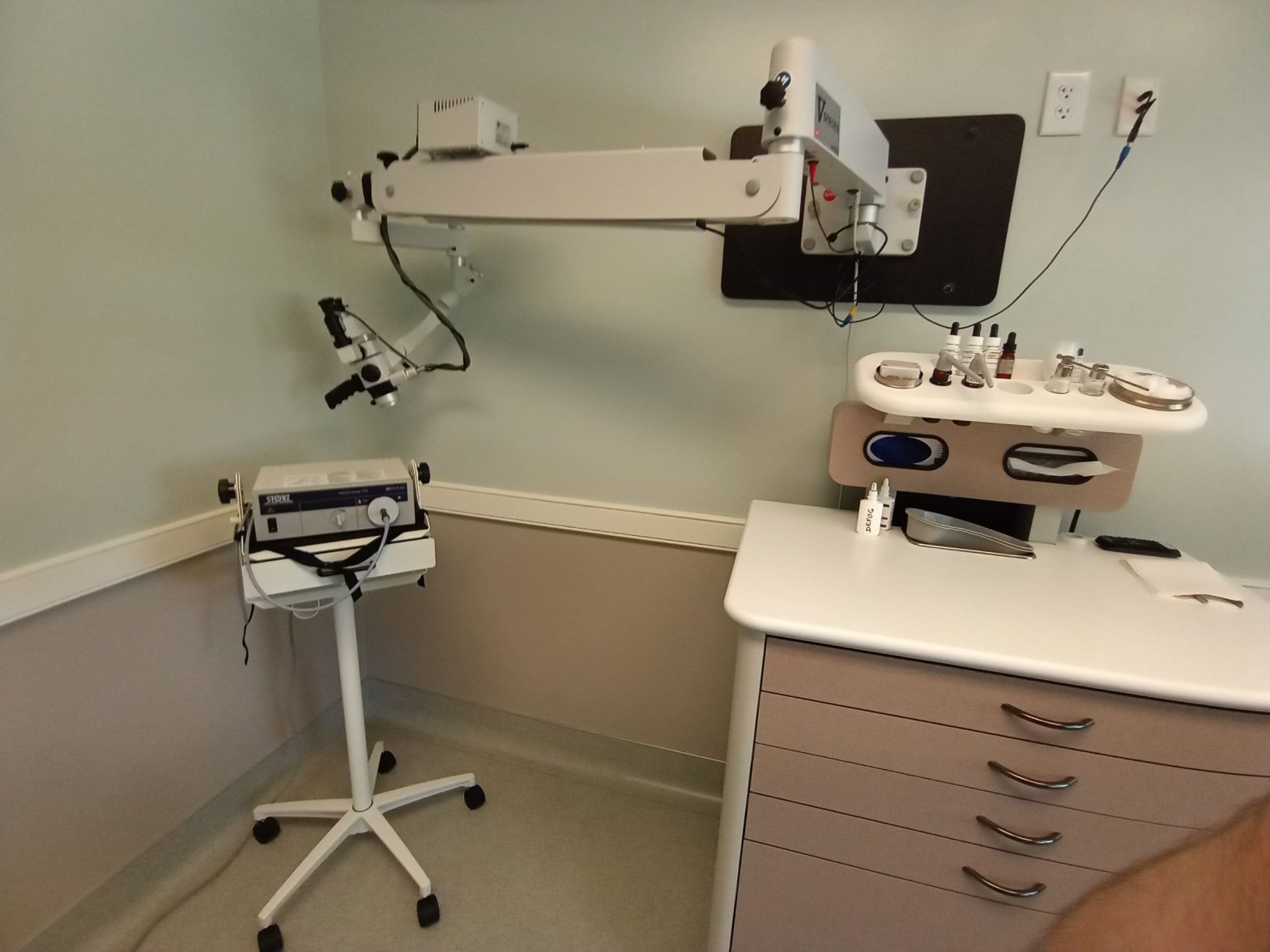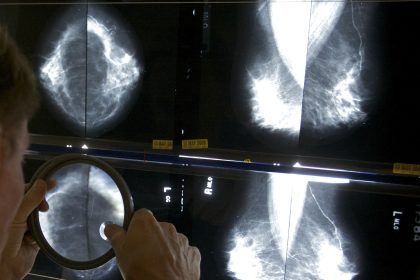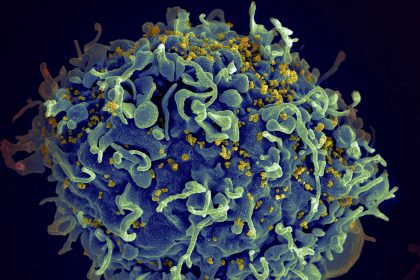Health Care Issues on the Ballot in Several States

WASHINGTON — It’s not just the control of the U.S. House and Senate that’s hanging in the balance as voters go to the polls today, in states across the nation ballots are being cast on health care issues ranging from abortion to Medicaid expansion and the legalization of cannabis.
In five states — California, Kentucky, Michigan, Montana and Vermont — voters are being asked to decide how their respective states will handle reproductive rights going forward.
The votes, of course, are a consequence of the U.S. Supreme Court’s decision in June to overturn Roe v. Wade, the landmark ruling that had protected abortion as a constitutional right for nearly 50 years.
Heading into the midterms, Democrats have made abortion rights central to their campaign to maintain control of Congress, but if the polls are to be trusted, Americans appear more concerned with the economy as they decide the outcome of federal races.
As a result, the votes on state propositions related to abortion have become all the more important.
In three of these states — California, Michigan and Vermont — voters are being asked whether abortion access should be protected under their state constitutions.
The California constitutional amendment would prohibit the state from denying or interfering with a woman’s freedom to have an abortion or use contraception.
The Vermont amendment would guarantee an individual’s right to personal control of their reproductive health and decision-making.
In Michigan, voters are being asked decide whether to amend the state constitution to protect not just abortion but also a wide array of other reproductive care.
This includes abortion, contraception, prenatal care, postpartum care, miscarriage management, sterilization and infertility.
As written, the amendment would enable the state to regulate abortion after the fetus is viable, but not prohibit the procedure when the woman’s life or physical or mental health is at stake.
Voters in Montana and Kentucky, meanwhile, are weighing whether they want their state governments to restrict abortion access.
Kentucky immediately banned abortion after the Supreme Court overturned Roe. It is now a crime for a doctor to perform the procedure, punishable by up to five years in prison.
There is an exception for when the woman’s life is in danger, but not for victims of rape or incest. A woman cannot be prosecuted for having an abortion.
Now voters are being asked whether an amendment should be added to the state constitution that would explicitly state abortion isn’t legally protected — and that tax dollars can’t be spent on it.
If Montana’s ballot initiative, LR-131, a referendum for the Born-Alive Infants Protection Act, passes, an embryo or fetus will be considered a “person” under the law with a right to medical care if born prematurely or survives an attempted abortion.
It would also become illegal — and punishable by up to 20 years in prison and a $50,000 fine — for a health care worker to not try to save the life of a “born-alive infant.”
Eighteen states already have so-called born-alive laws on the books. But Montana’s would be the first to be passed by referendum, rather than by state lawmakers themselves.
Tuesday’s ballot initiatives come in the wake of a similar vote in Kansas last summer in which voters roundly rejected a policy that would restrict abortion access.
Of course, abortion isn’t the only health-related issue on the ballot Tuesday.
In South Dakota, voters are being asked to decide whether to expand Medicaid under the Affordable Care Act.
If passed, Amendment D would direct the state to expand Medicaid next year to any person aged 18 to 65 with an income up to 133% of the federal poverty level — about $19,000 per year for an individual or $39,000 per year for a family of four.
As it stands now, South Dakota is one of only 12 states that has yet to expand Medicaid under the Obama-era health care law.
In 2020, voters in Missouri and Oklahoma approved ballot initiatives to expand Medicaid, following the lead of successful ballot initiatives in 2018 in Nebraska, Idaho and Utah.
Those states, like Maine in 2017, bypassed Republican governors and legislatures to expand Medicaid by public referendum.
If voters approve the measure, South Dakota would become the seventh GOP-controlled state to expand Medicaid.
In Arizona, voters will decide whether to put a limit on interest rates for debt accrued from receiving health care services.
Arizona Proposition 209 would cap the interest rates that can be charged for medical debt at 3%.
It would also limit debt collectors’ ability to seize a person’s home, belongings, automobile or wages if they owe money for medical services by exempting more of a household’s assets from forfeiture or garnishment.
It would do so in part by increasing the value of the debtor’s home protection from $250,000 to $400,000, and decreasing the portion of weekly disposable income subject to debt collection from 25% to 10%.
In Oregon, voters may be on the brink of making health care history.
If Ballot Measure 111 passes on Tuesday, Oregon would be the first state in the union to formally make affordable health care a human right.
The proposed amendment states: “It is the obligation of the state to ensure that every resident of Oregon has access to cost-effective, clinically appropriate and affordable health care as a fundamental right.”
It goes on to say that the state’s obligation “must be balanced against the public interest in funding public schools and other essential public services.”
State Sen. Elizabeth Steiner Hayward, the main sponsor behind the ballot measure, has said making health care a human right is a value statement and is not aimed at pushing Oregon to a single-payer health care system.
Opponents of the measure are worried about its costs and its potential to prompt litigation.
In addition to abortion rights, voters in California are also being asked to consider a measure that would ban flavored tobacco for vapes.
In a number of states, voters are also being asked whether cannabis should be legalized for recreational use. The states hosting such ballot initiatives Tuesday include Arkansas, Maryland, Missouri, North Dakota and South Dakota.
It should also be noted that a number of physicians and other health care professionals are running for Congress this year, including Drs. Yadira Caraveo, in Colorado, and Rich McCormick, in Georgia.
Health professionals already in Congress who are seeking reelection include Sen. Rand Paul, R-Ky., Reps. Kim Schrier, D-Wash., Raul Ruiz, D-Calif., Larry Bucshon, R-Ind., Lauren Underwood, D-Ill., Buddy Carter, R-Ga., and Brad Wenstrup, R-Ohio.
Dan can be reached at [email protected] and at https://twitter.com/DanMcCue.
























